Premier League clubs value wealth over health
It has been embarrassing to watch Premier League clubs argue over matters that are insignificant during a pandemic.
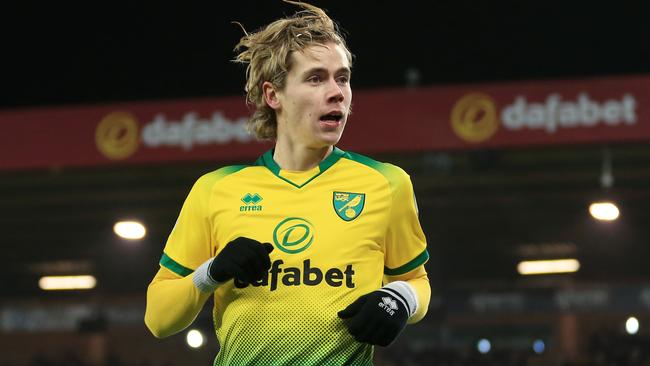
It has been embarrassing to watch Premier League clubs first arguing over neutral venues, over bricks and mortar, and now challenging the government on the issue, when the real concern for Project Restart should be player welfare, flesh and blood. At times, it seems that wealth is more important to some of these clubs than health.
It is also concerning to hear the government swiftly ushering football back, allowing sporting events from June 1, while ignoring that players have to regain fitness, that many remain anxious about the dangers of COVID-19 and that even the impatient Premier League considers June 12 to be the earliest. Norwich midfielder Todd Cantwell’s simple mantra, “We are people too”, should resonate along the footballing and political corridors of power.
It is right to try to complete the season, to allow the various outcomes to be decided on the field rather than scarring the memories and the record books with an asterisk, with points per game or the refuge of the coward, voiding. Other businesses are reopening and so should football, keeping one eye on the £761 million ($1.45b) TV money, although being wary of tripping up on the road back. They have to think more about the threat of infection, of spreading the virus, of players putting themselves and their families in harm’s way.
The government’s COVID-19 recovery strategy contains many logical signs for the pathway ahead, but page 21 highlights a central conundrum, contradiction even, which goes to the very heart of Project Restart. It proposes that football can “take place behind closed doors for broadcast while avoiding the risk of large-scale social contact”, and that plans for “reopening … venues that attract large crowds (like sports stadia) may only be fully possible significantly later depending on the reduction in numbers of infections”. So, basically, the government allows footballers to take a risk at a time when it admits the pandemic is far from under control.
No wonder some players feel like guinea pigs. First they get thrown under the bus by the health secretary Matt Hancock, who questioned their ethics, and now they are expected to drive the bus, to give a lift to the spirits of the nation. Boris Johnson told the House of Commons on Monday that it “would provide a much-needed boost to national morale”, and he’s right, but not if players test positive. They are people too.
Monday’s Premier League meeting involved more debate about neutral venues, and more clubs signalling that they want to play at home, including those fearful of relegation, such as Watford, Aston Villa and Brighton & Hove Albion. Imagine the nightmare of those in peril of dropping into the Championship, “the £200 million catastrophe” (copyright Villa’s Christian Purslow), the three clubs railing against the changing of rules during the competition, the loss of sporting integrity and the iniquity of surrendering home advantage.
They contend that neutral venues are unfair, that players enjoyed the familiarity of home even if their impassioned fans were absent. It’s psychological, you see. Their home is their castle, their fortress.
The relegated and desperate may even be tempted to turn to lawyers for redress. Now that the government has officially ruled in support of neutral venues with that short subclause stating “avoiding the risk of large-scale social contact” the squabble has spilt out of the Premier League’s video conference and is storming towards Westminster. It’s not a good look for football.
Anyway, weakened squads are a far greater threat to sporting integrity than neutral venues. “It’s obvious with 500 footballers that we’re going to have positive tests and that’s going to impact on teams’ ability to field a full-strength team,” Purslow says. Clubs with smaller squads will struggle to cope with such losses.
That’s a legitimate fear. So don’t rush back. Protect the players. Premier League clubs, usually so image-conscious as a collective, have to think more carefully about how they are being perceived. Greedy. Uncaring. Challenging government and the police, who have more serious matters to confront. People won’t forget.
Those members of the public not in thrall to the greatest game will simply have their own personal prejudices confirmed that football is the home of the venal.
Those who love the game with a passion will shudder at football’s self-obsession at a time when hundreds of people are dying every day in this pandemic.
Football has to take care not to emerge from the crisis looking like a spoilt sport. This would sadly mask the reality of the amazing work that clubs, players and supporters have done so much to help their local communities and also support the National Health Service: the 350 nurses being trained on Manchester City’s campus; Chelsea’s work with the charity Refuge helping those suffering domestic abuse; Manchester United preparing 60,000 meals for NHS staff in their Old Trafford kitchens; Villa opening the doors to NHS maternity-care clinics; Watford players calling at-risk supporters; Arsenal delivering 15 tonnes of essential supplies in Islington; Everton helping the vulnerable with prescriptions, mobile phone credit and fuel bills; and on it goes.
All the clubs, all with strong community departments, have rallied to the cause by providing food, funds and hope. The Premier League has a heart but it is too often obscured by its wallet.
Maybe the Premier League should consider a reworked familiar slogan: stay home and away, protect the players, don’t risk lives.
The Times

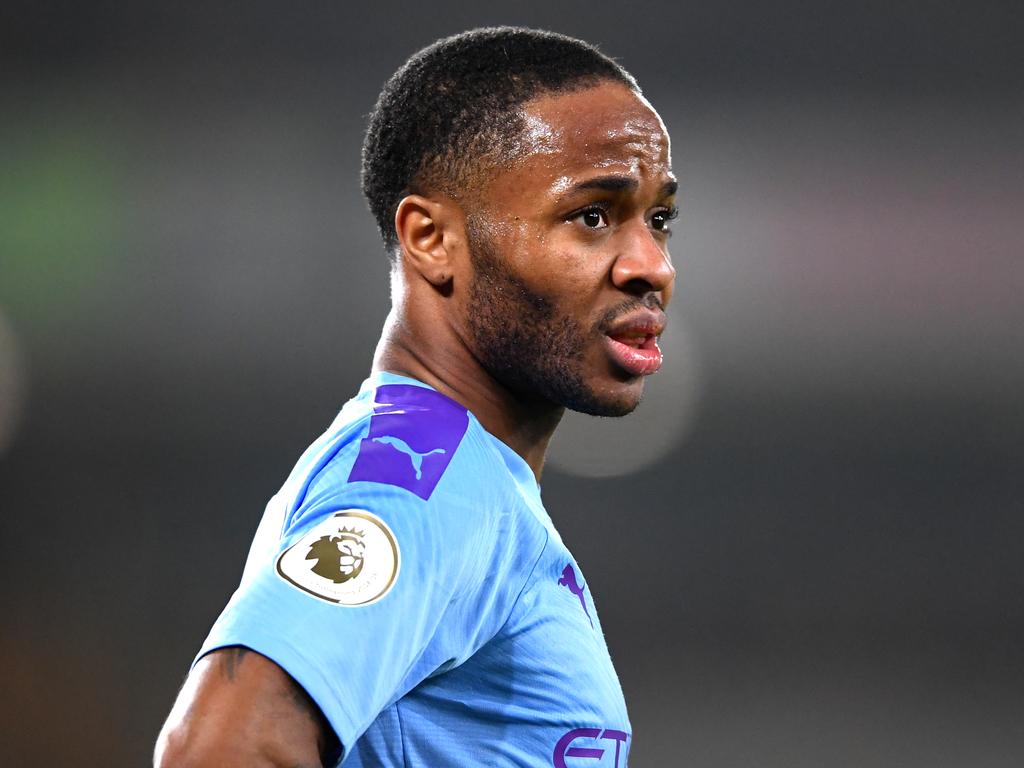

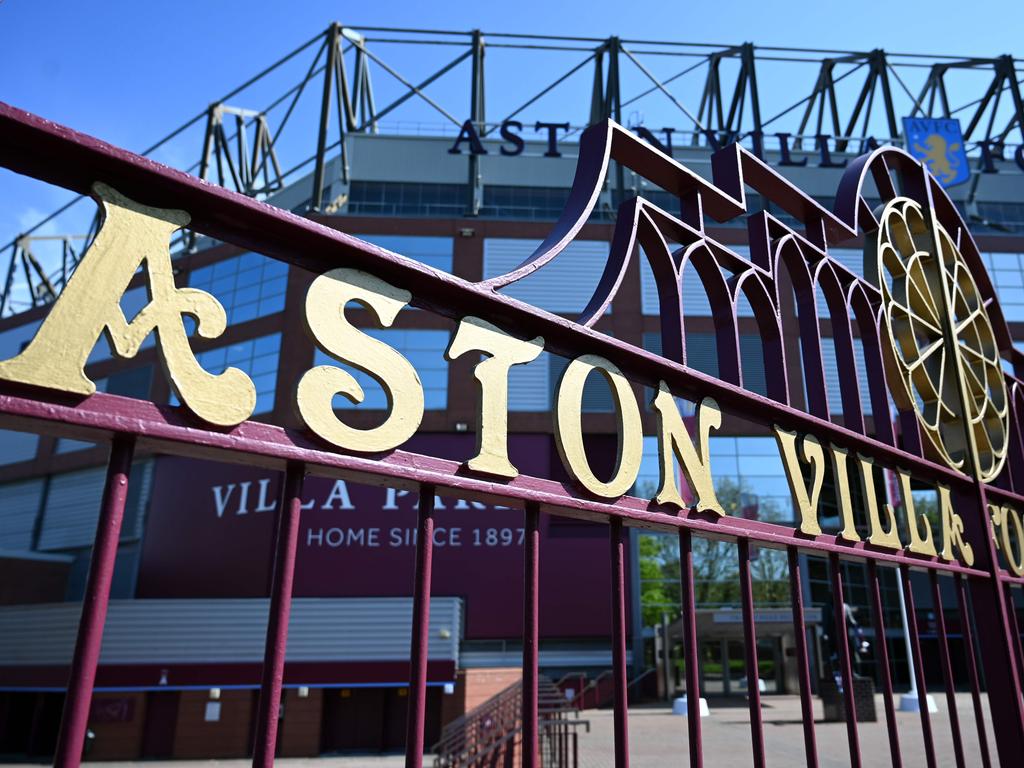
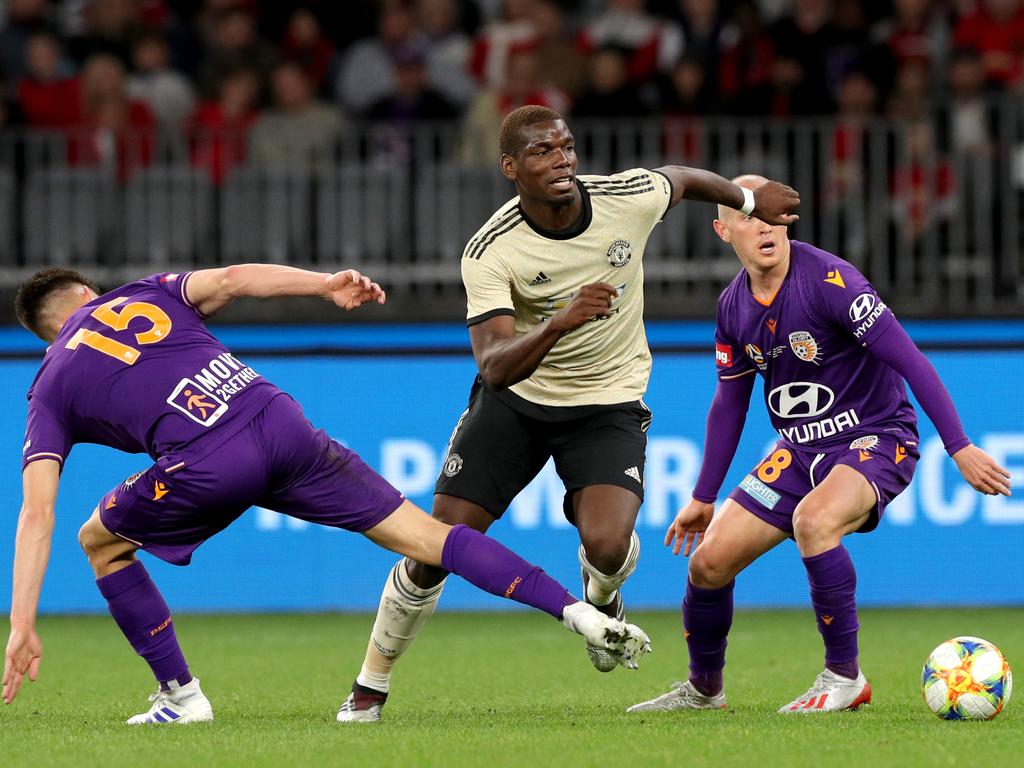
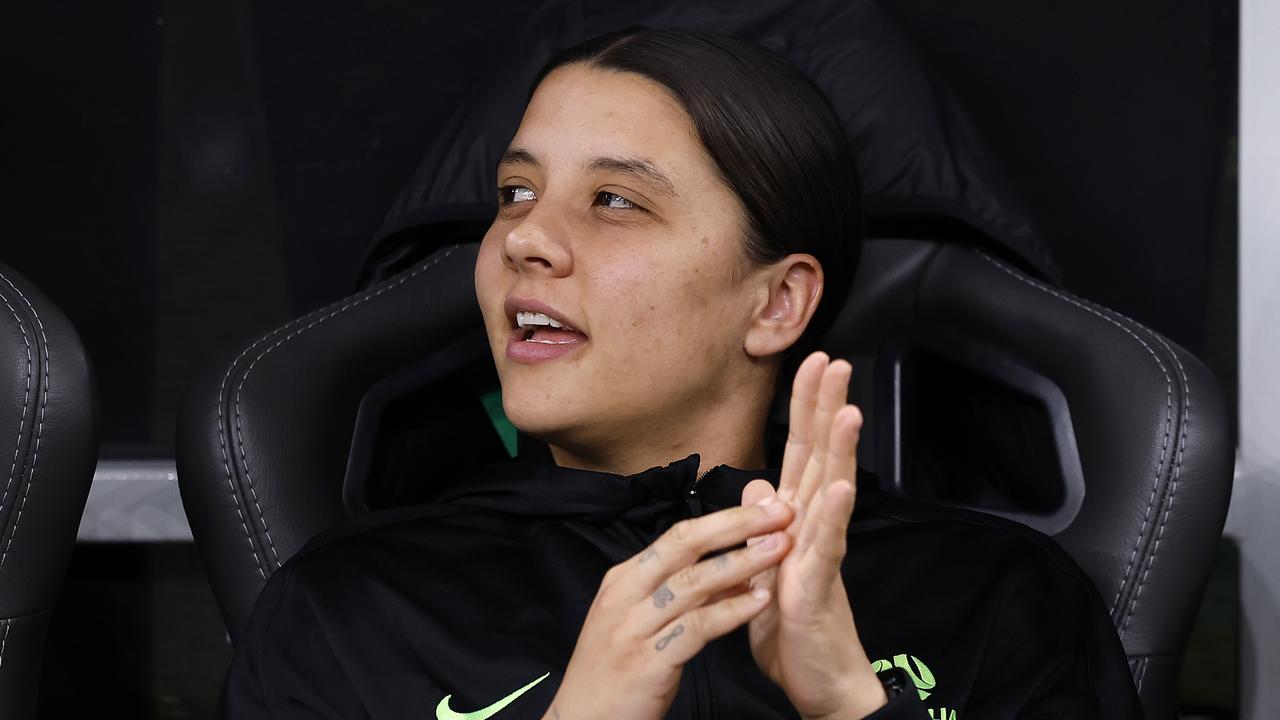
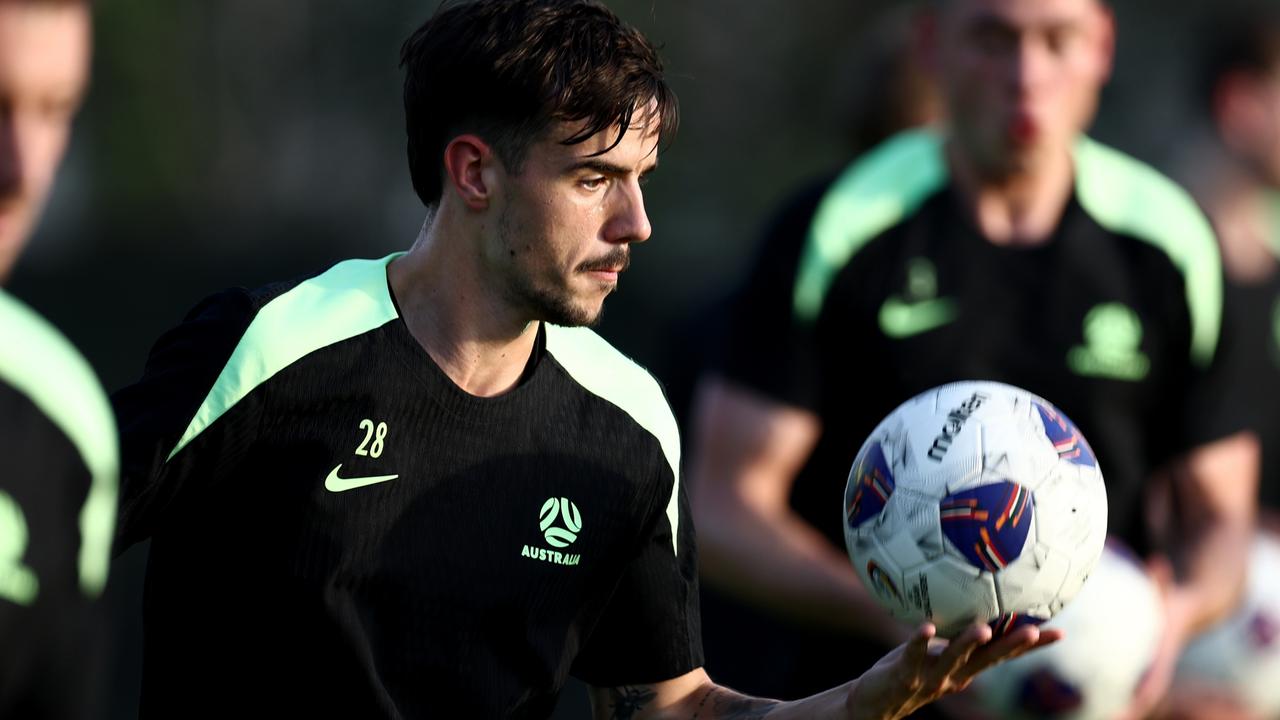
To join the conversation, please log in. Don't have an account? Register
Join the conversation, you are commenting as Logout